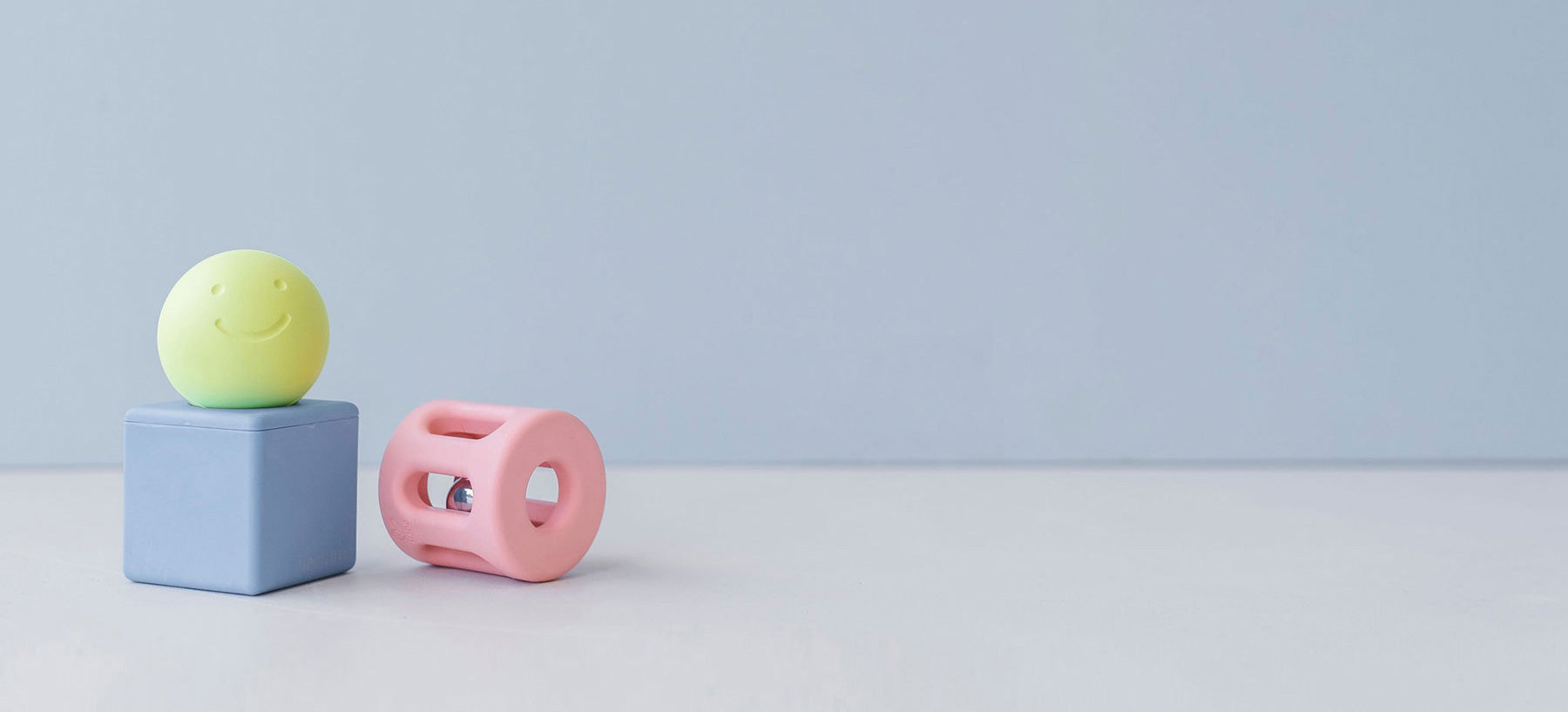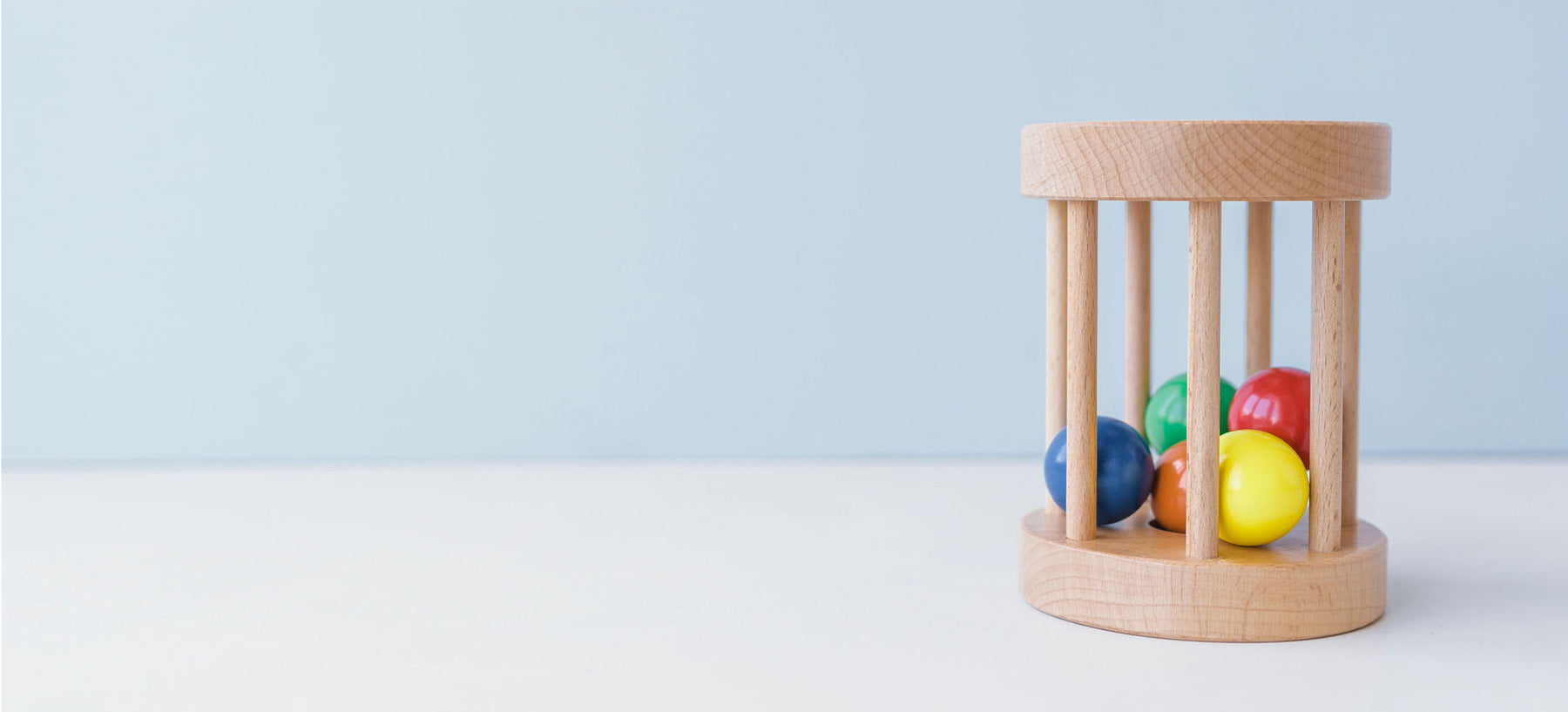Why do babies need toys?
“Children learn as they play. More importantly, in play, children learn how to learn.” – O. Fred Donaldson

The reason children need to play is quite simple. Play is how they learn and develop.
Children are driven by curiosity to explore and they want to understand how things work and what each object can do.
Across the world, most children the same age play in a similar way. Certain forms of play stimulate specific areas of learning and vice versa. So how can we ensure that we’re developing the right skills with the right toys?
What toys help children develop?
Educational toys motivate our little ones to explore, develop and master new skills.
In their first three years a child’s brain is working over-time, growing and developing every day. That’s why choosing the best educational toys for their unique age and stage is so important.
Our children are busy building skills in five key areas;
- Cognitive – dispositions
- Social and emotional – connection
- Speech and language - communication
- Gross motor skills - big movements
- Fine motor skills - small movements.
With the help of experts, our PlayBoxes have been designed to directly target each developmental area. Filled with different types of toys like building blocks, sensory toys, and open-ended toys.

What happens when babies and toddlers use their play toys?
So much learning happens during a single play session and using the right educational toys is important in motivating your child to explore.
When you provide babies and toddlers with the right toys at the appropriate age, you’re giving them the chance to master and learn new skills along the way. This means, they are more likely to reach key developmental milestones easily.
With babies and toddlers, seeing an exciting toy encourages movement, as they move to explore different toys, which helps stimulate the development of gross motor milestones.
You might not notice the key milestones and development happening in a single play session. For example -
- Handling a toy – stimulates their fine motor skills and encourages the use of their senses to determine how it works. This helps develop problem-solving skills as well as cognitive and perceptual development.
- Learning language - when toys and play elements are described, shapes and colours are discussed.
- Social and emotional skills - Children see how others play with a toy and learn turn-taking, asking for help and sharing with others.
Yes, all of this development happens in one simple play session. But, not all toys offer exactly the same benefits.

PlayLogy has worked with experts to carefully curate exceptional, high-quality educational toys. Shop our range of PlayBoxes and PlayToys today.
Read our blog on ‘Types of play’ to find out more.





